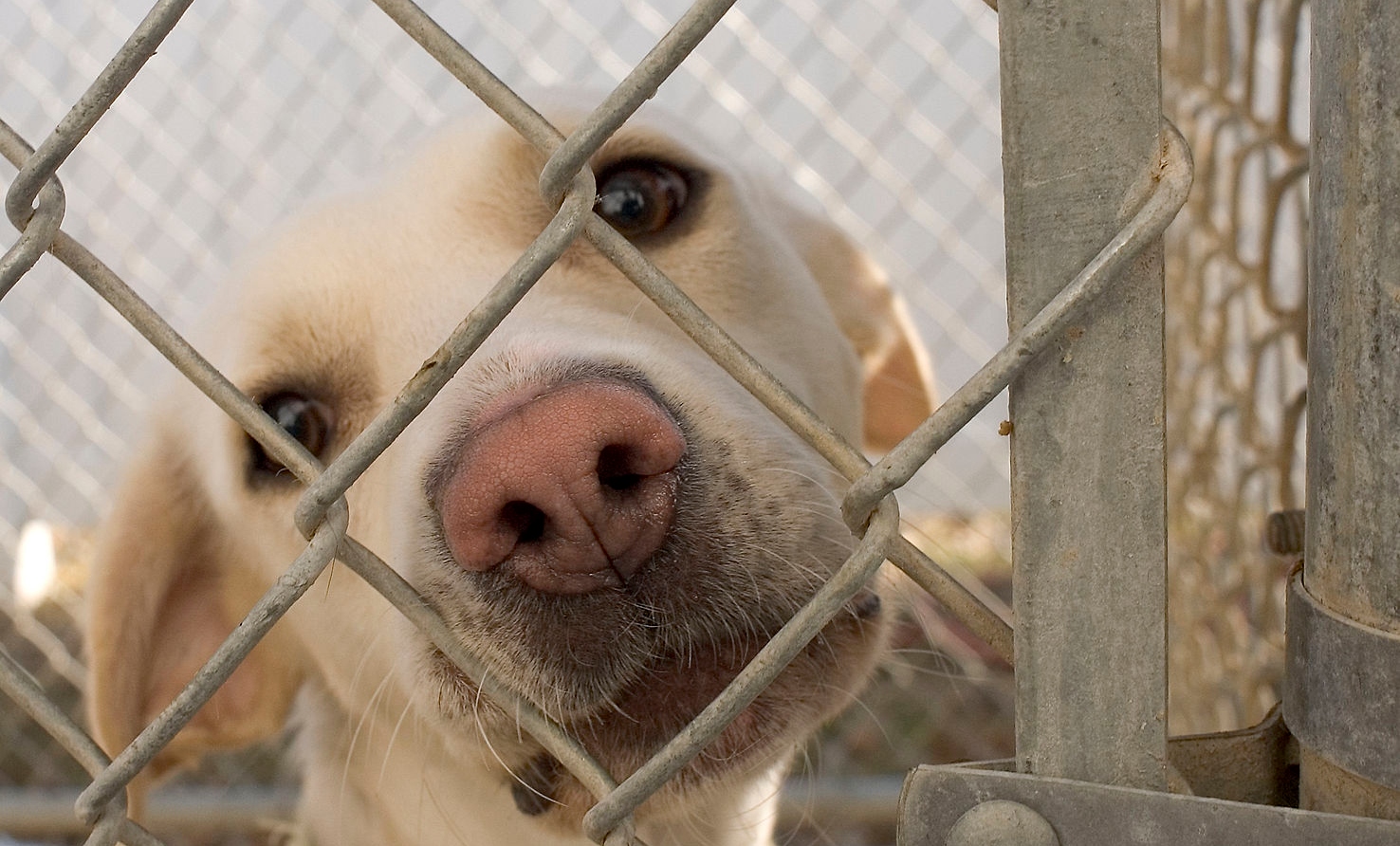
United in a new approach to drugs
BY MICHAEL HITCH
Sir Richard Branson, founder and CEO of the Virgin Group has thrown his support behind the Uniting Church and its service arm, uniting for its call to end the war on drugs. Uniting launched their ‘Fair Treatment Campaign’ last week to call attention to reforming drug policy in Australia as drug-induced deaths have now reached their highest in 20 years.
Uniting’s campaign aims to “reform drug policy based around facts and not fear” with drug dependency being treated as a health issue instead of a criminal one. The reform would start with a decriminalised approach to minor drug use and possession.
The launch on Friday featured special guest speakers including Sir Richard Branson who is also a member of the Global Commission on Drug Policy (GCDP).
Other speakers at the launch included the Director of the Kings Cross located ‘Uniting Medically Supervised Injecting Centre’ (MISC), Dr Marianne Jauncey and the Executive Secretary of the ‘Global Commission on Drug Policy’ (GDCP), Dr Khalid Tinasti.
Sir Branson said that the war on drugs had completely failed at preventing drug-use and had created further social devastation as a result.
“The war on drugs has been going on now for nearly 60 years. As an entrepreneurial businessman, if something had failed so abysmally … we would’ve closed it down 59 years ago,” he said.
“Sadly, politicians continue to wage this war which has been an abject failure and caused untold misery throughout the world. Drugs can be an illness for some people and they need to be helped.
“People have been executed, people have been locked up. For people who have drug problems instead of being helped, have been threatened with prison, or they die from their drug problems.”
The discussion for drug policy reform comes after the deaths of two young people who overdosed at the Defqon.1 music festival in September, with NSW Premier, Galdys Berejiklian continuing to oppose pill-testing in the aftermath of the tragedies.
The Uniting Church’s Fair Treatment Campaign calls for harm reduction services such as pill-testing and medically supervised injecting centres to be publically available. The campaign also calls for a ‘Peoples’ Treatment Summit’ where the wider community can come together to speak openly about drug reform.
Uniting’s ‘blueprint’ also proposes an end to the war on drugs, saying it is ineffective and economically unsustainable, after the Australian Government already spent over $1.7 billion on illicit drugs during 2009-2010. 64 percent of this spending went to law enforcement while only 22 percent was spent on treatment, despite reports showing that for every dollar spent on treatment society gains seven in return.
The ineffectiveness and economic loss from the war on drugs has sparked global actions towards drug reform and fair treatment practices, with 24 countries outside of Australia already having a form of decriminalised policy.
In 2001 Portugal decriminalised small quantities of illicit drugs with the intent of treating drug-use as a health issue instead of a criminal one. Since the reform, Portugal’s annual overdose death rate has dropped to 0.35 per 100,000 people. Australia’s overdose death rate is currently over twenty times higher.
Dr Jauncey said that the proposed effects of decriminalisation could already be seen on a small scale in her injecting facility, with medical supervision and a removal of social stigma being the key to preventing overdose deaths.
“It just makes sense. When you have people dying of accidental overdose, it’s really easy to stop them dying … you just need to be there,” she said.
“They [drug users] inject within our premises but instead of being behind a parked car or in an alleyway, they’re next to a counsellor or nurse. Not only are we able to stop them from dying … but of nearly half a million visits and 8000 overdoses, there has not been one death.
“People think it’s sending the wrong message, whereas the message that it’s sending is that people’s lives are important.”
Dr Jauncey also said that the Uniting Church’s decision to lead an alliance of over 60 organisations, meant that the wider community’s attitude to drugs was also changing.
“These are pretty big, important organisations. All of whom are coming together to say that we need to start a paradigm shift … we just can’t keep doing what we know is failing,” she said.
“If we can start looking at drug policy from a place of science, calmness, kindness and evidence, actually we’ll realise what we’re doing is arse-about.”
Dr Tinasti said that while decriminalisation was the first step, drug regulation would be the best option to ensure an end to drug trafficking.
“The global commission calls for regulation and we think that with regulation you make sure that people have access to whatever they want to get, legally. Then you can fight much harder against organised crime and you fight much harder against drug lords or criminals in the system … decriminalisation changes nothing about trafficking.
Uniting also announced plans for the ‘Long Walk to Treatment’. Starting on October 19, advocates will walk from Dubbo to Sydney to deliver an open letter to the Health Minister, calling on the government to fund harm reduction treatments and reform current drug policy.
The walk from Dubbo to Sydney is 500,000-steps distance. The distance that it may take a person from regional NSW to travel for drug treatment.









